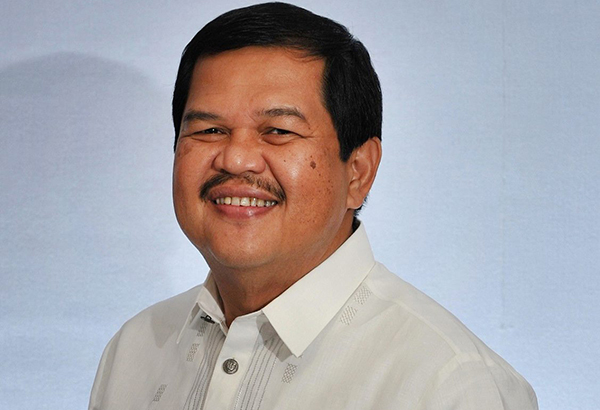Philippines ready vs potential shocks — BSP
MANILA, Philippines — Monetary authorities in the country are ready to face potential shocks this year as they continue to lay down foundations for sustained economic growth, the central bank chief said yesterday.
Bangko Sentral ng Pilipinas Governor Nestor Espenilla Jr., in his speech during the joint meeting of the Rotary Clubs of Manila, Makati West and Forbes Park, said characteristics of strength, resilience and the capability to innovate would help authorities navigate through the challenges this year.
“At the BSP, we try very hard to be pro-active. We carefully survey the landscape for potential threats. We ensure that our tools to deal with them remain sharp. We strive to stay on top of developments, and to always be prepared, so that we can address risks appropriately and in a timely manner,” he said.
He said monetary authorities would continue to lay down foundations for the economy to withstand potential shocks for 2018 and beyond.
“While the coming year is likely to bring continued challenges for the Philippines, we are well-placed to deal with these challenges. The country’s firm growth momentum and manageable inflation environment provide ample space to respond appropriately to evolving domestic and global conditions,” he added.
He said the BSP has enough instruments in its expanded toolkit to address the challenges that could arise.
The country’s gross domestic product (GDP) growth accelerated to 6.9 percent in the third quarter from 6.7 percent in the second quarter, bringing the average growth to 6.7 percent in the first three quarters last year.
On the other hand, inflation averaged 3.2 percent in the first 11 months last year as the consumer price index eased to 3.3 percent in November from a three-year high of 3.5 percent in October. The BSP had set an inflation target of two to four percent between 2017 and 2020.
Robust domestic demand and benign inflation environment allowed the BSP’s Monetary Board to keep an accommodative policy stance supportive of the expanding economy. It last raised interest rates in September 2014.
Espenilla pointed out 2017 saw increased momentum in global economic growth, prompting central banks around the world to revert to more neutral positions, while some signaled the possibility of a tighter monetary policy stance over the horizon.
He also said the peso depreciated against the US dollar last year even as foreign direct investments flowed in, a reversal of foreign portfolio investment flows as well as loan prepayments felt in the financial account.
“The BSP’s first line of defense has been to maintain a flexible exchange rate while providing foreign currency liquidity from its ample supply of foreign exchange reserves to manage sharp movements,” Espenilla said.
Despite uncertainties and volatility in the global economy and financial markets brought about by Brexit and inward-looking and populist policies of the US, the BSP chief said domestic sources of strength have kept the Philippine economy growing strongly last year.
In terms of reforms, he cited the implementation of the Philippine local currency debt market development roadmap, including the launch of the Government Securities Repo Program in November towards a more balanced financial ecosystem where the banking system is complemented by a deep and liquid capital market.
Reinforcing efforts to further build resilience of the domestic economy, he said, are complementary foreign exchange reforms as well as maintaining a flexible and market-determined exchange rate which can better insulate the economy from external shocks that could disrupt the pace of economic growth.
Source: http://www.philstar.com/business/2018/01/05/1774615/philippines-ready-vs-potential-shocks-bsp


 English
English




